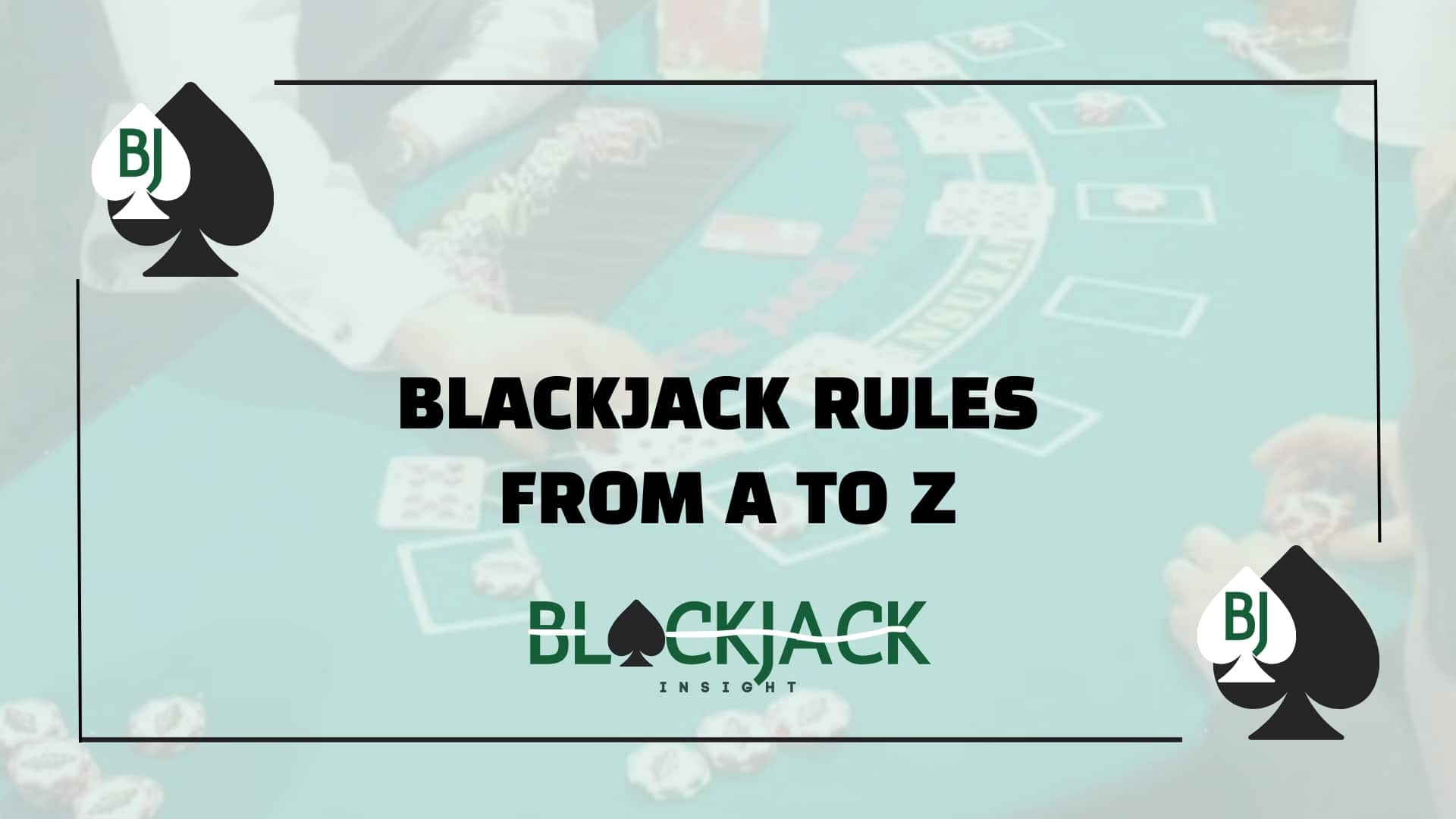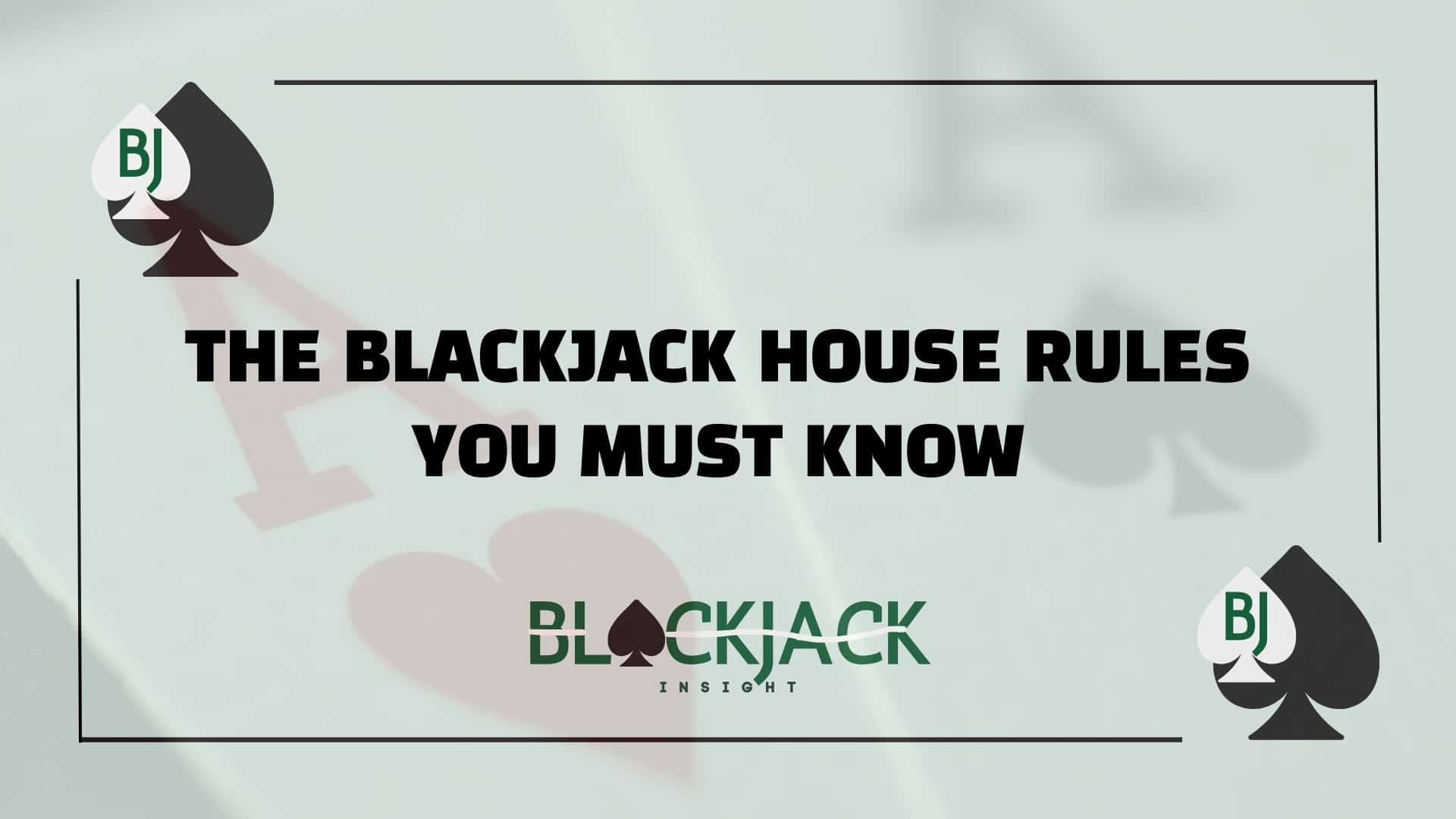Blackjack Rules from A to Z
Table Of Content

Alright, let’s get this out of the way — blackjack looks simple, right? Just get to 21 without going over. Easy money! Except… well, not really. Because, like most things in a casino, the real game starts once you get past the surface.
If you’re here wondering about blackjack rules, good on you. You’re already doing what most rookies skip: learning before playing. And trust me, knowing the rules of blackjack isn’t just about playing the game — it’s about not getting eaten alive by players (or dealers) who do know better.
I’ve spent years in smoky casinos, late-night card rooms, and, yes, even my fair share of online tables. And if there’s one thing I wish I knew early on? Blackjack isn’t just luck; you should understand solid blackjack strategy. The rules are where your edge starts.
Let’s break them down — like a real player would.
What Are the Basic Blackjack Rules
At its heart, blackjack is a card game where you’re playing against the dealer—not the other players at the table. You start with two cards, then choose to hit, taking one card at a time, until you’re as close to 21 as you dare without going over (and in some games, drawing five cards without busting triggers the Five Card Charlie bonus and wins you the hand instantly). Your goal? Get a hand closer to 21 than the dealer without going over.
Simple enough, right?
Cards 2 through 10 are worth their face value. Jacks, Queens, and Kings are worth 10. And Aces? Well, those are the fun ones—worth either 1 or 11, depending on what helps your hand.
That flexibility with Aces is why they’re so powerful… and why understanding blackjack rules for ace hands is huge if you actually want to win long-term.
Blackjack Rules for the Player (AKA You)
Now, you should learn the rules of moves to know how to play blackjack. When it’s your turn, you’ve usually got a few options:
- Hit—take another card.
- Stand — Stay with what you’ve got.
- Double Down — Double your bet, take one more card only.
- Split—Got a pair? You can split them into two separate hands (but that comes with extra bets).
- Surrender — In some games, you can fold your hand early and lose only half your bet.
Sounds like a lot, I know. But don’t panic — most of it becomes second nature with a little practice.
Oh, and if you’re wondering when to hit vs. when to stand (the eternal blackjack question), this is where a blackjack strategy chart or cheat sheet becomes your new best friend. Most pros have them memorized. Most beginners should have them printed.
Blackjack Rules for the Dealer
Here’s where things get a little more “house always wins.”
Most casino blackjack rules force the dealer to hit until they reach at least 17. But here’s the catch — some games require the dealer to hit on a “soft 17” (that’s a hand with an Ace counted as 11). Others let them stand.
This tiny rule can swing the odds more than you’d think. So always check the blackjack dealer rules posted at the table. It’s your money — know the battlefield.
Betting & Payout Rules: What’s at Stake?
Standard blackjack pays 3:2 on a natural blackjack (that’s an Ace + 10-value card on the first deal). Some stingy casinos only pay 6:5 — which, honestly, I avoid like the plague.
A regular win pays 1:1. Insurance (betting the dealer has blackjack when showing an Ace) pays 2:1 — but I’ll be straight with you: insurance is usually a sucker bet unless you’re counting cards.
Blackjack betting rules also mean knowing the table minimums and maximums — and making sure your bankroll can handle a cold streak.
House Rules & Unwritten Rules
Each casino has its unique house rules. That’s why you’ll see signs like
- “Dealer hits soft 17.”
- “No double after split.”
- “Resplit up to 4 hands.”
Read them.
As for unwritten blackjack rules? Don’t give advice unless asked. Don’t blame other players for your losses. And for the love of cards — stack your chips neatly so the dealer doesn’t have to fix your mess.
FAQs
1. What are the casino blackjack rules that beginners should know first?
The basics: Get closer to 21 than the dealer without going over, know when to hit or stand, and understand what splitting and doubling down mean.
2. How to deal blackjack rules like a real dealer?
Always deal clockwise, give each player two cards face up (your second card face down if you’re the dealer), and follow the house rules for hitting and standing.
3. Are there any blackjack rules to win more often?
There’s no magic trick, but using a blackjack rules chart for basic strategy, managing your bankroll smartly, and understanding table rules can seriously improve your odds.
You may also be interested in



